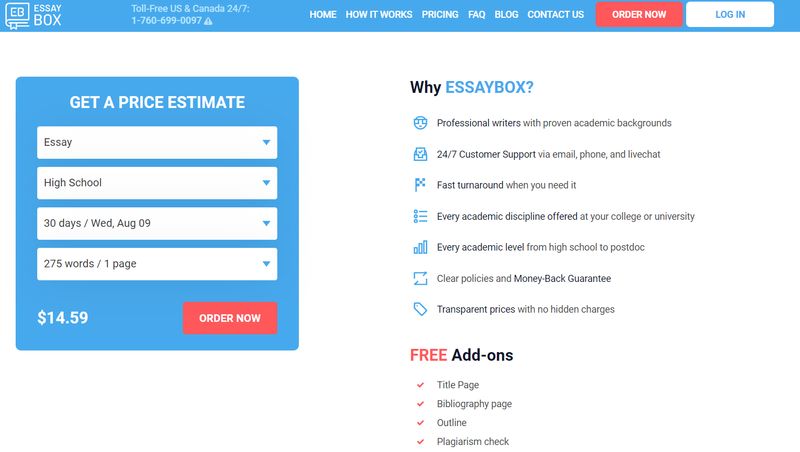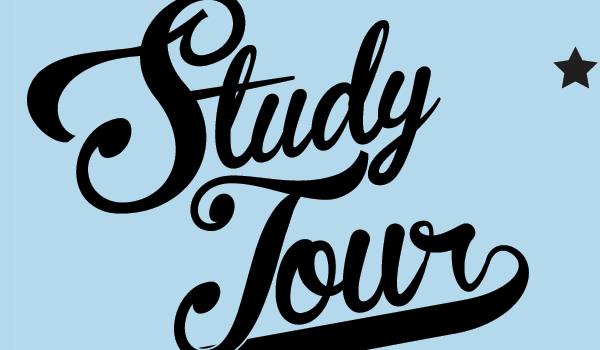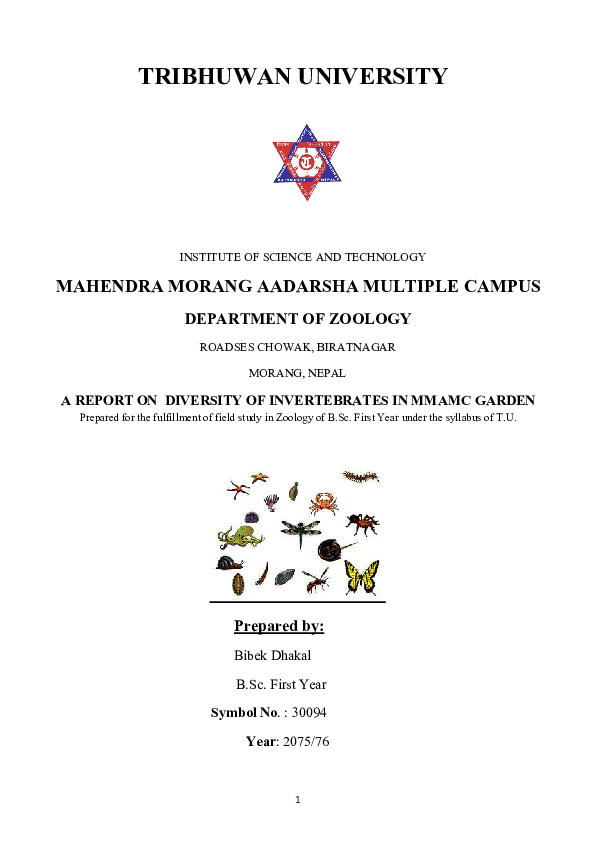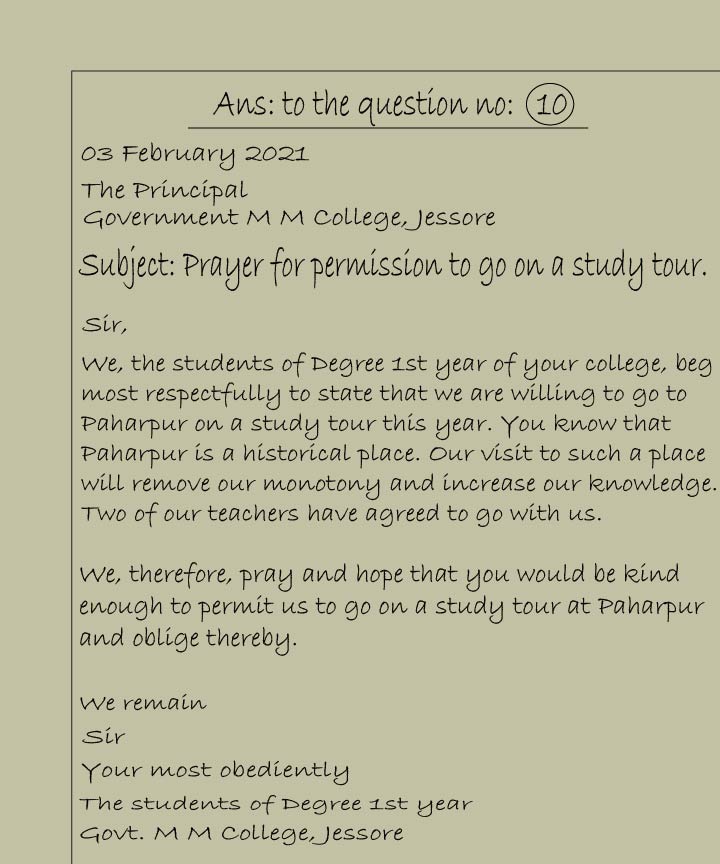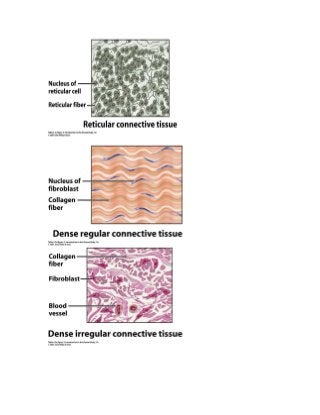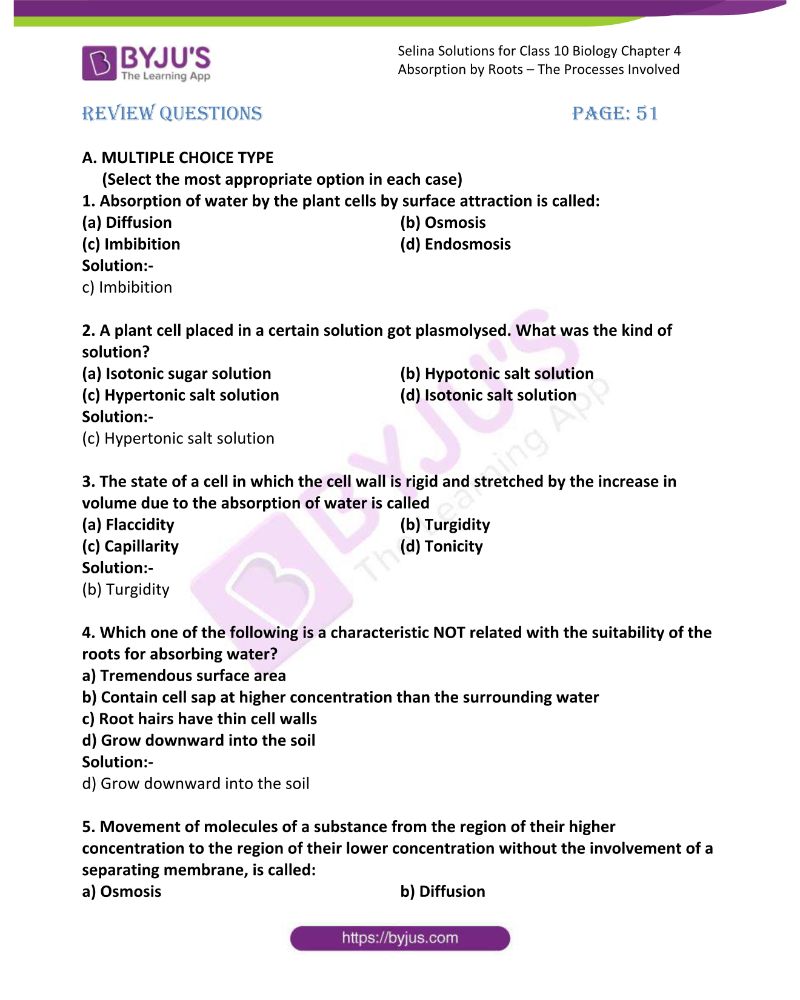What is Study Tour Definition?
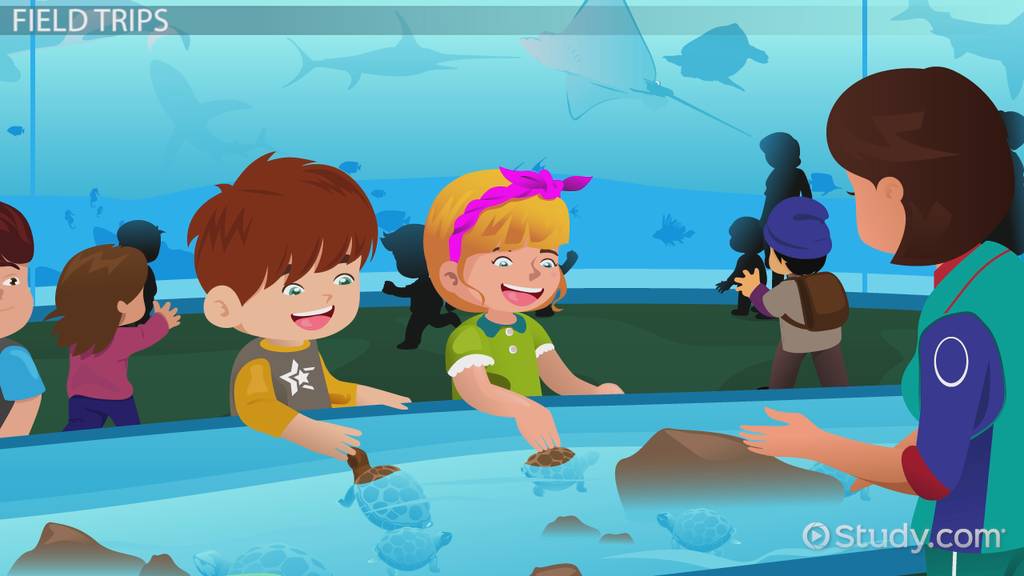
When you’re in school or college, you’re likely familiar with the term study tour, but you’re probably not sure what it really means. Study tours are a way to learn about a new topic, place, or subject. You’ll get a number of important documents back from the experience, including accounts of the various presentations and visits. Participants will also have to prepare a Final summary and a Debriefing session at the end of the tour.
Participants return home with a number of documents
One of the most important documents that study tour participants take home is the final summary. This document should describe the various visits made and the group’s evolution of thinking during the course of the tour. The final summary should be educational and provide participants with materials to further their knowledge after the tour ends. Generally, study tour participants return home with a series of documents, which are intended to serve as a record of the trip.
Faculty leaders should carefully consider when to allow students to have extended free periods. During this time, students should make independent plans for the rest of the trip, but faculty leaders should also clearly identify the expectations for their behavior. Faculty members should ask the students if they have any specific plans for independent travel. During free time, students are largely responsible for themselves and must adhere to faculty expectations. If this is not the case, students may be inexperienced at exploring new places and completing assignments independently.
When deciding on the itinerary for your study tour, try to strike a balance. Formal presentations should take up no more than 25% of your available time. The rest of the time should be allocated to field visits, which may include community centres, meetings with parents, or a combination of both. Depending on your study tour objectives, spouses may join you during the trip. The host may also require participants to stay at their accommodation overnight. Plan ahead and make sure that you have arrangements in place for food and toilet breaks.
Debriefing sessions are scheduled at the end of the study tour
The debriefing sessions should be held in small groups with a maximum of 12 people. This helps to ensure confidentiality, as the discussions should be focused on important learning objectives. Moreover, the debriefing sessions are more valuable when participants are aware of what is expected of them. Therefore, they can prepare for the debriefing sessions. After the study tour, participants should be informed about what is expected of them.
During debriefing sessions, participants learn about normal responses to stressful situations and develop strategies to deal with them in the future. The debriefing process can help students develop a moral and psychological sense of responsibility. It is very important to schedule debriefing sessions at the end of the study tour. It is also important to ensure that students have enough time to process the experience and to ask questions.
The purpose of the debriefing is to help participants connect activities to the real world. It may be conducted at the end of an activity, a segment of the experience, or a set of activities. In order to encourage participation, debriefing sessions should incorporate different strategies and empower participants to facilitate the debriefing sessions. When done well, the debriefing session can help participants to learn and grow from their experience.

